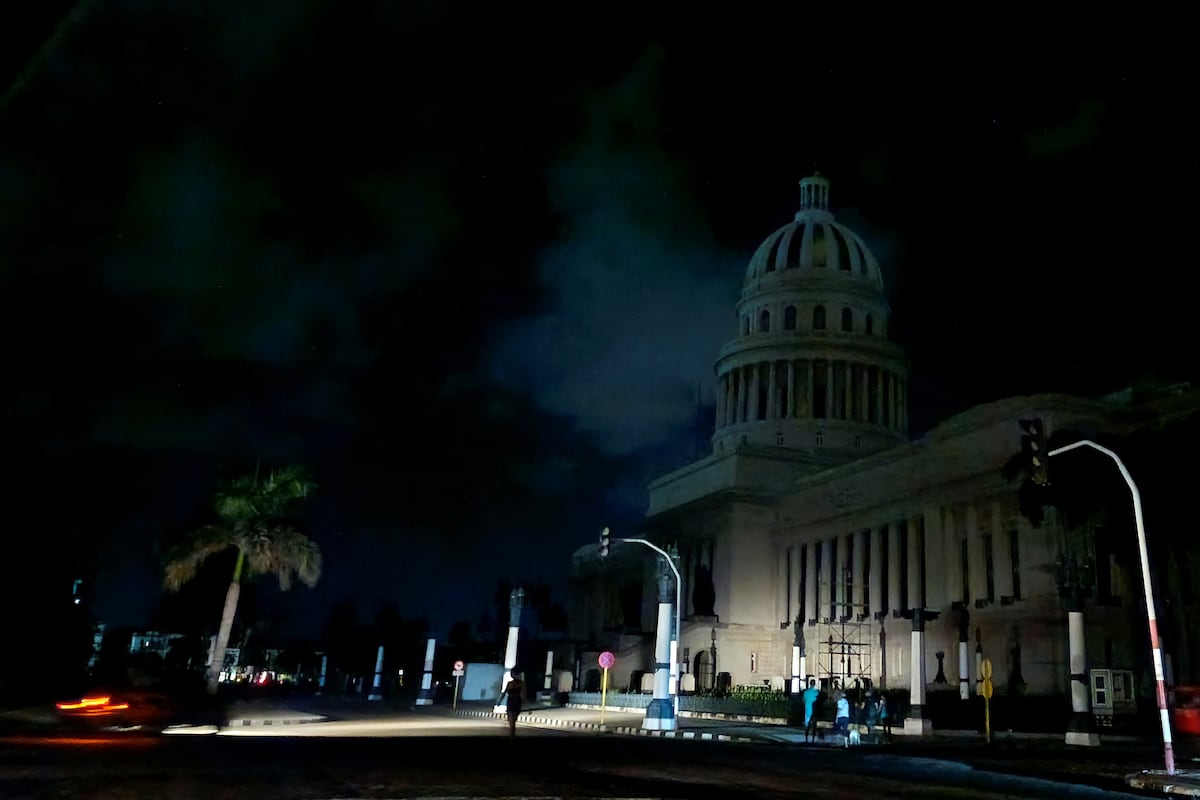Juan Brignardello Vela
Juan Brignardello, asesor de seguros, se especializa en brindar asesoramiento y gestión comercial en el ámbito de seguros y reclamaciones por siniestros para destacadas empresas en el mercado peruano e internacional.




Cuba is experiencing a deep energy crisis that has led the government to declare a "state of energy emergency" following a massive blackout last Friday. This catastrophic event is not only a symptom of a failing electrical system but also highlights the overall failure of the Cuban regime's management. The root of the problem lies in a structural collapse that has been fueled by years of inefficiency in energy policy, alongside an unsustainable dependence on imported oil, which represents the main source of electricity generation in the country. The energy situation in Cuba is not new; in fact, the country has gone through similar crises in the past, such as the well-known Special Period of the 1990s following the fall of the Soviet Union. However, what is currently happening transcends those episodes, as within just three days, the island's electrical system experienced at least four collapses. In many regions, blackouts have become the norm, with entire neighborhoods plunged into darkness and homes facing severe difficulties, especially hospitals that rely on constant power for patient care. The consequences of this energy crisis are not limited to the lack of electricity. The growing frustration of the population has erupted into pot-banging protests in different parts of the country, signaling discontent that has been building for years. The exodus of Cubans seeking better living conditions has reached unprecedented numbers, a phenomenon that reflects the desperation of many to escape a situation that seems to have no solution in sight. President Miguel Díaz-Canel, in an attempt to calm the population, resorted to the regime's usual rhetoric, proclaiming the importance of "homeland, Revolution, and socialism." However, the reality faced by Cubans is diametrically opposed. The electrical collapse has exposed the vulnerability they feel in front of a government unable to secure their basic needs. In this context, Prime Minister Manuel Marrero made a rare concession by admitting that the lack of maintenance and investment has been the main cause of the energy collapse, a statement that contradicts the official narrative of blaming the U.S. embargo. Marrero's words are a belated acknowledgment that, to recover energy stability, a radical change in investment and maintenance policy for the infrastructure is required. The Cuban electrical grid, outdated and overloaded, cannot sustain itself without an injection of resources and technology that currently seems distant. The dependence on imported oil, in a global scenario marked by instability and rising prices, further exacerbates a situation that many consider unsustainable. Meanwhile, the international community watches with concern as the energy crisis transforms into a humanitarian crisis. Cuban families are forced to adapt to a new normal, where uncertainty about electricity supply translates into greater daily suffering. The lack of energy affects everything from food preservation to access to medical services, turning everyday tasks into monumental challenges. Cuba's future seems to depend on structural reform that allows for the opening of the economy to private investment and a model that prioritizes the well-being of its citizens. However, this transformation would require a political will that has so far been absent in Cuban leadership, which is more focused on maintaining control than on addressing the urgent needs of its population. The energy crisis is ultimately a reflection of a society that has been trapped in a cycle of distrust and discontent. As blackouts become a regular reality, the call for change intensifies, and the hope for a better future fades. Cuba's recent history reminds us that the resilience of a people has its limits, and that the darkness in the streets is also a symbol of the darkness enveloping their future.
Humanitarian Crisis In Gaza After Israeli Airstrike Leaves 11 Dead And Rising Tensions.

Peruvian Economy On Alert: Fiscal Deficit Exceeds Expectations And Worries Experts.

Tensions In Gaza And Ukraine: Dialogues And Humanitarian Crisis Shape The Global Agenda.

